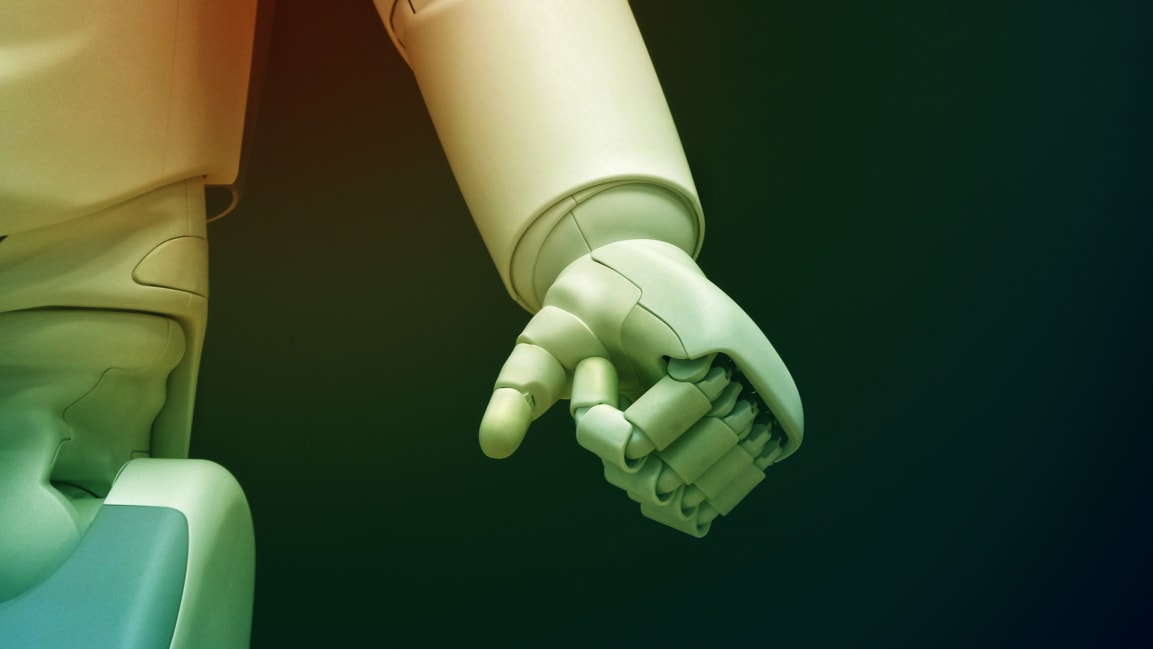
[Photo: Franck V./Unsplash]
An oft-cited McKinsey report that predicted 30% of all workers may be displaced by technology and another 14% could be forced to switch
jobs to keep up has cast AI in a threatening light. In fact, a ZipRecruiter survey that polled 11,000 workers found that 58% of job seekers think that AI will destroy more jobs than it creates.
So the company decided to dig more deeply to see if these fears had merit. And ZipRecruiter’s new report on the future of work challenges this thinking.
ZipRecruiter’s data scientists analyzed over 50 million job postings, surveyed hundreds of employers, and thousands of job seekers, and examined specific use cases in five transitioning industries. They found that AI created about three times as many jobs as it took away in 2018. What’s more, while employers are already using AI tools, 81% of those surveyed said they preferred to hire a human over putting in a completely autonomous system.
Another prevailing fear that ZipRecruiter managed to upend with its analysis was that AI wasn’t killing middle-class jobs. The report revealed that while certain technical job skills are on the rise, middle-wage job growth outpaced low-wage opportunities between 2016 and 2018. Jobs requiring a high school diploma grew faster than jobs requiring a bachelor’s degree from 2017 to 2018. “Taken together, these trends suggest that AI’s disruption to the job market is not (yet) leading to further income polarization,” the report’s authors wrote.
Industries such as manufacturing and healthcare have long been viewed as ripe for replacing humans with robots. We already see that in surgeries and automotive assembly. Yet, ZipRecruiter’s data shows that the increase in manufacturing jobs and the diversity of the roles reflect an industry that is creating quality jobs across the skills spectrum.
Agriculture is another area that has the potential to add jobs because of AI. A new job category of “precision farming” uses AI (drones, smart machinery, and GPS) to collect site-specific data on soil composition, moisture levels, and fertilizer needs to maximize yield. Drone technology skills alone have seen a 14% lift in demand.
Of course, it’s not as though we can turn AI loose and expect job creation to keep rising. The report’s authors caution, “Although the emerging stage of AI and augmented intelligence has not yet caused widespread disruption of the labor market, guardrails are needed to support the future workforce and foster job market dynamism.”
![We The People ! [ Daily News ]](https://blogger.googleusercontent.com/img/b/R29vZ2xl/AVvXsEi7PNflLYO2id_pgKevcLALLVghNAUKitpe3VQpV5fJatRfWJCD5mtlJzat6fUgV7ymgMyAe1yNdVgoDeLbqc_5gXJpSzYE50pYDire_RBxd0JWLL96a-4NaYWD4QJ3EAFuXN6gNo1L5gs/s1600/LogoMakr_5zKJMi.png)











No comments:
Post a Comment